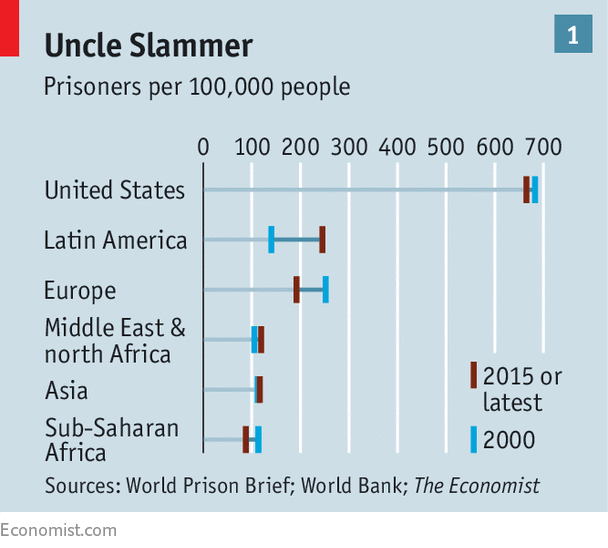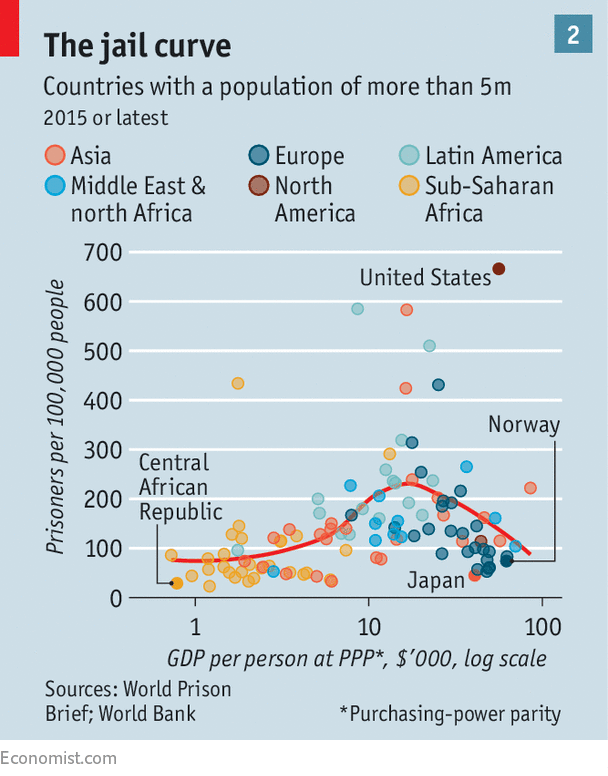Dave Winer won’t link to Facebook posts from his blog. I don’t either.
Source: Daring Fireball: Fuck Facebook, by John Gruber
You might think it’s hyperbole for Winer to say that Facebook is trying to kill the open web. But they are. … It is not accessible to search engines. … The only way to find Facebook posts is through Facebook.
Facebook going out of business seems unlikely. But Facebook pulling a Vader and altering the deal, blocking public access in the future to a post that today is publicly visible? It wouldn’t surprise me if it happened tomorrow. … Treat Facebook as the private walled garden that it is. If you want something to be publicly accessible, post it to a real blog on any platform that embraces the real web, the open one.
RE: Why I Can’t/Won’t Point to Facebook Blog Posts | Scripting News, by Dave Winer
It’s supporting their downgrading and killing the web. Your post sucks because it doesn’t contain links, styling, and you can’t enclose a podcast if you want. The more people post there, the more the web dies.

